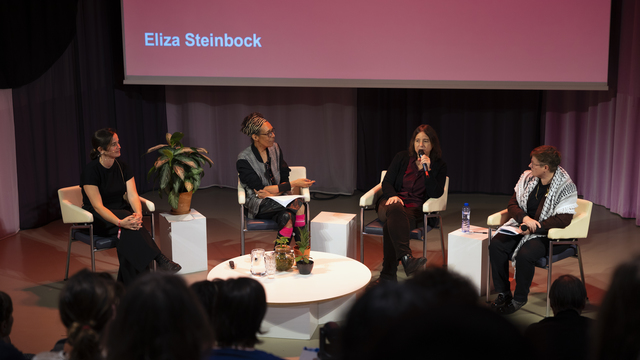Frequently Asked Questions: Digital Work
How does digital work differ from its analogue forms?
Although developed for military and corporate purposes, digital technologies also create oportunites for working people. With these amazing tools, we are not only able to invent new aesthetic forms, but also can work in more satisfying ways. Above all, digital technologies can allow us to rediscover the dignity of artisan labour without losing the material benefits delivered by the analogue working methods of Fordism. Over the past two centuries, industrialisation has slowly replaced skilled craft labour with repetitive factory and office work. In the Fordist factory, even the pace of working can be determined by the speed of the assembly lines. For most of this century, people have grudgingly accepted the boring nature of their jobs. In return, they have been given enough wages to buy large amounts of goods and services produced by Fordist industrialisation. However, once their living standards are sufficient, most people also want to enjoy satisfaction in their work. They don't just want money, but also respect.


